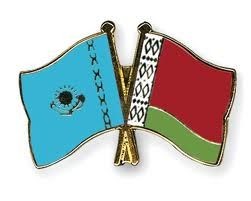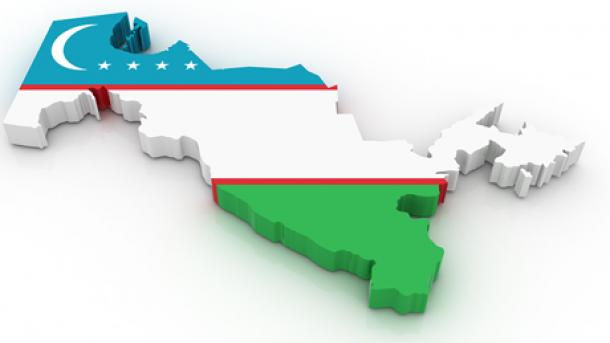Lukashenko In Uzbekistan To Talk Trade
The president of Belarus Alexander Lukashenko arrived in Uzbekistan on February 7th for a two-day visit, holding official talks with president Shavkat Mirziyoyev in Tashkent. The two leaders discussed their countries' trade, economic and cultural ties. Mr Lukashenko's visit coincided with a meeting of the Business Council in Tashkent, which featured high-ranking officials and important businesspeople from the two countries. Last week a delegation of more than 100 Uzbek businessmen paid a working visit to Belarus, during which a trade house was opened at the Uzbek Chamber of Commerce & Industry in Minsk. Over the past seven years Belarus and Uzbekistan have increased bilateral trade by more than four times; turnover was $565m in 2023. The nations intend to increase this figure to $1bn within two years, expanding cooperation in sectors including agriculture, education, tourism, forestry and housing. At present Uzbekistan's exports to Belarus comprise industrial goods, food products, beverages and tobacco products. In monetary terms, Belarus' s investments in Uzbekistan's economy have increased threefold over the past three years and amount to $45.6m. Uzbekistan in turn buys foodstuffs, machinery and transportation equipment from Belarus.




